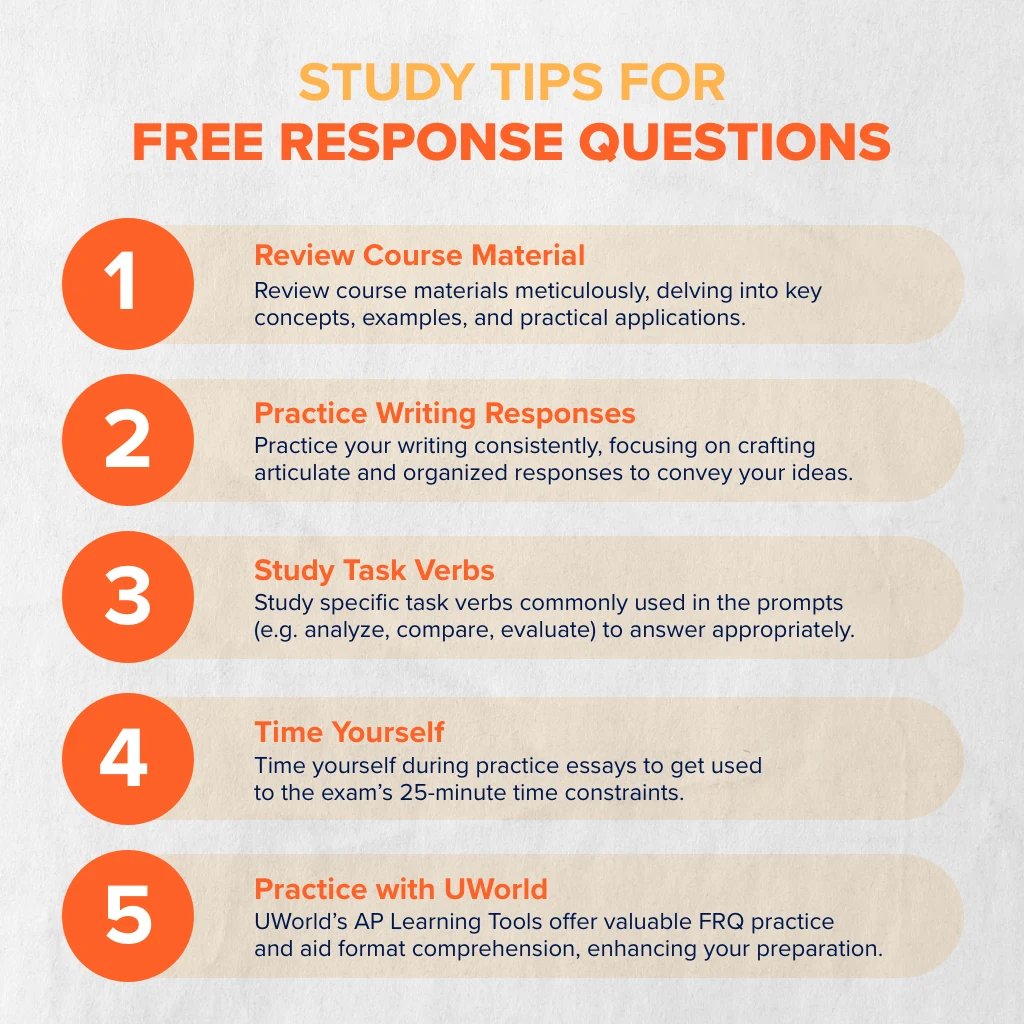That behavioral approach thing in AP Psychology, it’s a mouthful, ain’t it? Well, lemme tell ya, it ain’t as hard as it sounds. It’s just about how we learn stuff and why we do the things we do. Like, if you touch a hot stove, you gonna jerk your hand back, right? That’s ’cause you learned that stoves can be hot and hurt ya. That’s kind of what this whole behavioral thing is about.

Now, them fancy AP Psychology folks, they got all sorts of words for it. They talk about stimulus and response. Sounds like a doggone science experiment, don’t it? But really, a stimulus is just somethin’ that happens. Like the hot stove. And the response is what you do ’cause of it. Like pullin’ your hand away. That’s a natural response, they call it.
They say this whole behavior thing starts when we’re young. Like, when a baby cries and mama comes runnin’, the baby learns that cryin’ gets ’em what they want. That’s learnin’ through association, I reckon. The crying is the stimulus and mama is the response. The baby starts to associate crying with getting what they want and that’s called conditioning. You see what they are doing?
And this behavioral psychology, it’s all about what we can see, ya know? They don’t care so much about what’s goin’ on inside your head, in your mind. They just look at what you’re doin’ and try to figure out why you’re doin’ it.
- Like, if you’re scared of spiders, they’ll try to figure out what happened to make you scared.
- Maybe you got bit by one once.
- Or maybe you saw your mama scream when she saw one.
It’s all about what happened before, the environment, they call it. This thing here can shape your behavior. That’s a big word. That’s why some folks act one way, and others act another. It’s ’cause of what they learned and what happened to ’em.

Now, this behavioral approach in AP Psychology, it’s used to understand all sorts of things. Like why some folks are always late, or why some kids are always gettin’ in trouble. They look at the behavior, and they try to figure out the cause. I reckon if you know the cause you can change it, right?
And they got these things called incentives. That’s just a fancy word for rewards. Like, if you do your chores, you get your allowance. The allowance is the incentive, and it makes you wanna do your chores. It’s all connected, see? And instincts, that’s when you do something naturally. Like when a dog sees a cat they run after it, that’s an instinct.
This here behavioral psychology, it is a tough thing to wrap your head around, I won’t lie. There’s a lot to it. But the main thing is, it’s about how we learn from what happens around us. We do things a certain way ’cause of what we’ve experienced.
So, you see, it ain’t just for them AP Psychology students. It’s for all of us. We all learn this way. We all got these behaviors that come from somewhere. And if we understand ’em, maybe we can change ’em. Maybe we can make things a little better. Just like those students studying for that big exam.

These young people, they gotta study hard for that AP Psychology exam. It’s a big deal, they say. They gotta remember all these terms and ideas. It ain’t easy, but they do it. They gotta learn about this behavioral stuff and all the other things in psychology.
I reckon it’s good to understand how people work. Why they do what they do. That is a good idea. This behavioral approach, it’s one way to do that. There is a lot to learn about this, and it is not easy, but it is something we should all know a little about.
These psychology folks, they study all kinds of things. It’s all about understanding people, why people feel certain ways. I think that’s good, and this behavioral approach, I think it’s a good way to try to do that.
So there you have it. That’s my take on that behavioral approach in AP Psychology. It might seem like a bunch of hooey, but it’s really just about how we learn and why we do the things we do. It’s simple when you think about it like that, ain’t it?
















